COGA Fact Sheet: Everyday Products & Uses
Oil and natural gas are an integral part of our everyday lives, and it’s not only the gasoline we put in our cars or the natural gas that heats our homes or businesses. Oil and natural gas are used in everyday products such as lipstick and deodorant and life-saving medical devices, such as MRI machines and pacemakers.
Byproducts from oil refining is used to produce plastics, as well as lubricants, waxes, tars and even asphalt for our roads. Nylon, polyester, and many types of fabrics we use that allow us to camp, recreate, and enjoy the outdoors are all made possible by oil and natural gas. In fact, all forms of transportation including the manufacturing of planes, trains, cars, boats, bikes, scooters, skateboards, and even electric cars require oil and natural gas products and components.
And don’t forget those diapers, pacifiers, and toys used by parents and babies around the world that are all made with oil or natural gas or both. Because of the wide variety of products made possible by oil and natural gas, the U.S. consumed approximately 7.3 billion barrels of petroleum in 2017.
Everyday Products Made Possible By Oil & Natural Gas
Products That Save & Maintain Healthy Lives
Notably, petroleum products are widely used throughout the healthcare industry, from the operating room to those items that support healthy living in our modern society. That includes important lifesaving products and equipment such as pacemakers, MRI machines, IV bags and tubes, surgical instruments, monitors, and stethoscopes. It also includes items that can be critical to daily life, such as prosthetics, hearing aids, glasses, and contact lenses.
Chemicals derived from petroleum also help make soaps, antiseptics, aspirin, and lifesaving pharmaceuticals used by emergency care doctors and physicians.
Many of these items are often taken for granted, but they are important for healthy and productive living in the 21st century.
Additional Resources & Information
U.S. Energy Information Administration | www.eia.gov
Energy in Depth (EID) | www.energyindepth.org
U.S. Department of Energy | www.energy.gov
The Colorado Energy Office | www.colorado.gov/energyoffice




